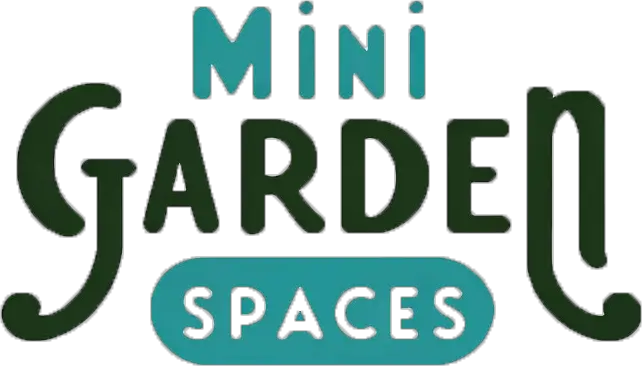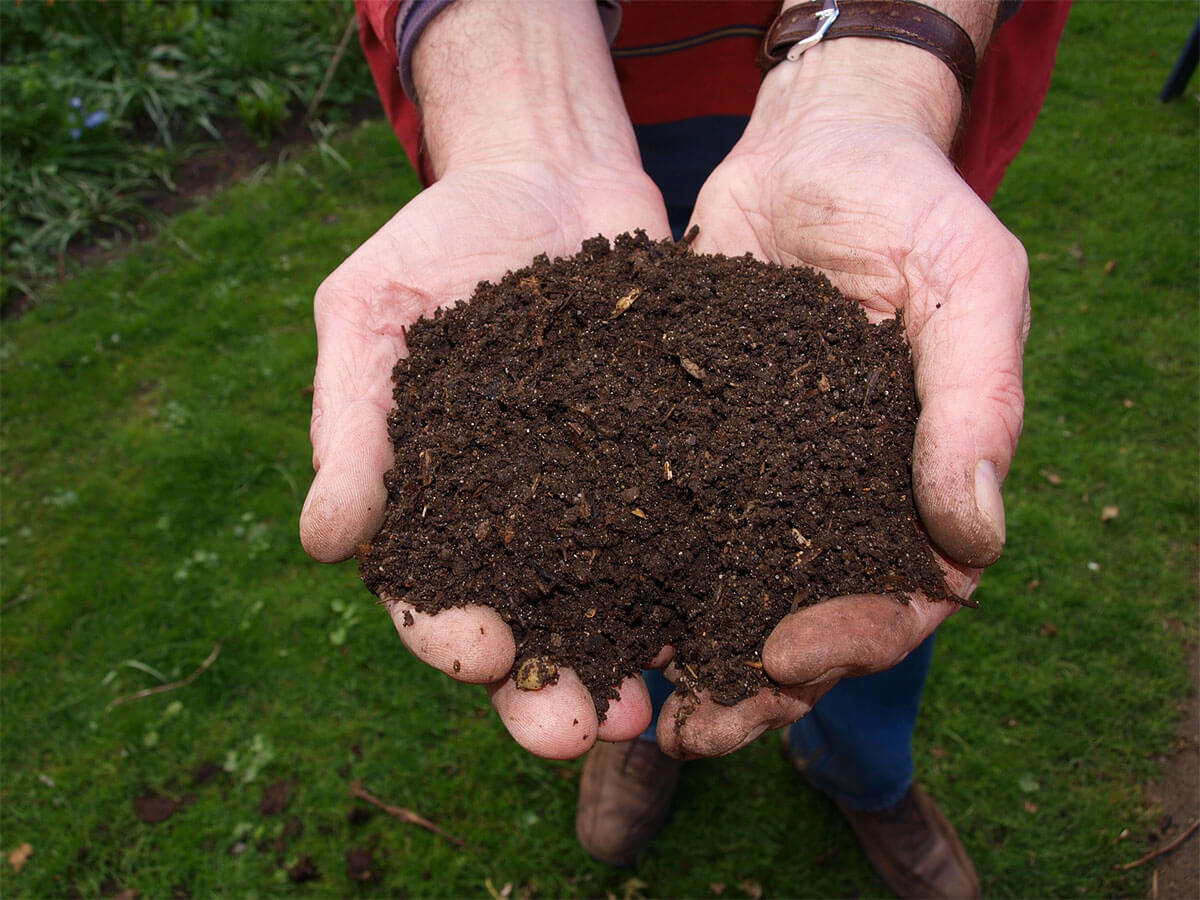How to Compost in a Small Garden Space
March, 2024 |We often associate composting with huge piles of organic waste that take half a year to break down. Even big, traditional composting bins can take up valuable space in a small garden, leaving you with less space for a vertical vegetable garden or dwarf fruit trees. But there are smaller, efficient methods for composting that you can use in small gardens to quickly and efficiently create your own compost.
How to start composting in a small garden
Whether you have a porch, patio, or balcony, find useful tips on composting in your small garden space. From choosing the best composting method for your garden to tips and what to expect as the end product.
Choose an efficient composting method
When we don’t have space for multiple piles of large compost, we need fast and efficient composting methods — like these!
Hot Composting
Hot composting is the process of actively turning and aerating your compost to speed up the decomposition process. You can do this in a simple compost bin by regularly (at least once a week) mixing the contents around with a fork or compost turner like this one from Amazon.
You can however buy a tumbling composter to make this process much easier. This tumbling compost bin from Amazon speeds up the composting process so you can turn your kitchen scraps into compost more quickly.
Related Read | Hot Composting Vs Cold Composting
Hot composting creates: Crumbly compost.
How to use it… You can use this compost like regular potting soil, filling indoor or outdoor plant pots, or simply using it as a nourishing fertilizer by combining it with store-bought compost.

Bokashi Composting
In Bokashi composting, you sprinkle layers of active bacteria in between your kitchen waste to help it break down. However, with this composting method, your kitchen waste is fermented (basically pickled!) and not decomposed.
It’s a great odour-free composting method and many people even keep their Bokashi composter inside. This is useful if you’re trying to maximize your outdoor space. If you’re interested in giving it a go, this Bokashi composter kit has everything you need to get started.
Bokashi composting creates: Solid fertilizer and liquid fertilizer tea (Bokashi juice!).
Just note that Bokashi compost won’t look like regular crumbly compost. The food waste will look relatively unchanged, but it will have undergone a chemical change that makes it an excellent fertilizer to add to plant pots!
How to use it… You can use Bokashi compost as a nourishing fertilizer by combining it with store-bought compost to add to indoor or outdoor plants. Use the liquid tea as a fertilizer for indoor and outdoor plants.
Vermicomposting
Another great composting method for small garden spaces is vermicomposting! With a vermicomposter, you introduce special earthworms (called Red Wigglers) that will convert any kitchen and organic waste into worm castings — which is a very nutritious fertilizer.
It takes at least a month and a half for the worms to start producing a good amount of fertilizer! This vermicomposting kit from Amazon has all you need to get started!
Vermicomposting creates: Solid fertiliser (worm castings!).
How to use it… You can use worm castings as a nourishing fertilizer by combining them with store-bought compost.

Positioning your compost bin
Depending on which composting method you’ve opted for, make sure you place your compost bin in the optimum position.
You can place your hot composter anywhere in your garden, although a sheltered spot is always best. The heat from the decomposition process should be enough to keep the process going over winter.
You can keep a Bokashi bucket outside or inside (very useful if you’re garden space is very small!). Keep it out of direct sunlight, and in winter to keep the fermentation process going, it helps to bring it inside.
A vermicomposting bin can be kept indoors or outdoors, but the worms are sensitive to temperature extremes and dry weather. Keep the bin out of strong summer sun, and protected from frosty or snowy conditions. The ideal temperature for worms is between 55 and 77 degrees Fahrenheit.
Collecting compost materials
To speed up the composting process, try to add smaller food scraps and pieces of organic waste.
In any composting method, the smaller the organic waste the quicker it will break down. It provides a larger surface area for Bokashi and hot composting bacteria to get to work. And it allows vermicomposting to process organic waste much more quickly.
In a small garden space, it’s best to avoid adding these items to your compost bin. Meat, dairy, and greasy foods, etc, generally take longer to break down. But they’re also not favored by vermicomposting worms (think of them as vegans!).
Spending a few additional minutes chopping up or part-blending vegetable peels etc, can make a big difference to how long you have to wait.






